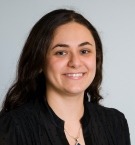
Living Well With Epilepsy: Dr. Mateen would you give us an overview of the Guinea Epilepsy Project?
Farrah Mateen, MD, PhD: Our project – the Guinea Epilepsy Project – is a multi-country collaborative effort, taking place at Ignace Deen Hospital in Conakry. The Ignace Deen Hospital is a large academic public assistance hospital and one of two teaching hospitals of the University of Conakry. Led by Farrah Mateen, MD, PhD, Massachusetts General Hospital/Harvard Medical School, and Cisse Abass Fode, MD, Ignace Deen Hospital/University of Conakry, with additional leadership by Sakadi Foksouna, MD, Chad, and Nana Rahamatou Tassiou, MD, Niger, the Guinea Epilepsy Project has now conducted >300 patient visits free of charge for people with epilepsy.
LWWE: Why did you feel Guinea would be the best fit for your project?
FM: The Republic of Guinea is a beautiful West African country with a population of 12 million. The capital city, Conakry, has a population of 1.7 million, and is the main urban center and port city for the country. The people of Guinea were recently affected by the Ebola Virus Disease outbreak, leading to significant stress on their already limited health care resources. There are few neurologists in Guinea. The country is warm, welcoming, and vibrant. It is a young and growing population with many neurological needs.
LWWE: What do you hope to accomplish with the Guinea Epilepsy Project?
FM: The Guinea Epilepsy Project aims to provide free antiepileptic medications and test a low-cost, smartphone-based EEG to aid in epilepsy diagnosis and treatment decisions in under-served patient groups. We will also determine the impact of epilepsy and quantify the prevalence of risk factors, seizure-related injuries, and traditional medicine use in the goal to de-stigmatize epilepsy and encourage therapeutic options in epilepsy care.
LWWE: What successes have you seen come out of the project?
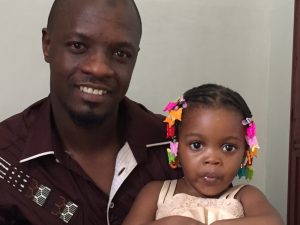
Many patients had seizure-related injuries including severe burns and most had experienced >100 seizures in their lifetime. Very few patients had received an EEG, CT, or MRI of their brain as part of their care. Our work aims to modernize epilepsy care to improve diagnosis and treatment for epilepsy patients in Guinea.
LWWE: What are your next steps with the Guinea Epilepsy Project?
FM: There is much more work to do. We thank the Charles Hood Foundation in New England for their major support of this work to date. We are also actively partnering with new groups to ensure that more people in Guinea can live well with epilepsy!
Thank you
Thank you so much Dr. Mateen for taking a moment to bring us up to speed on your latest project. To connect with Dr. Mateen to learn more about The Guinea Epilepsy Project, contact the MGH Global Neurology Research Group.

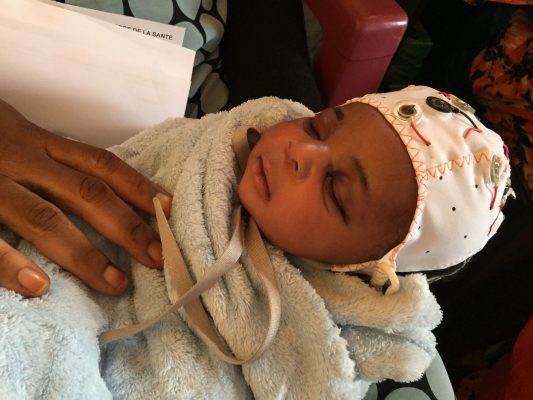
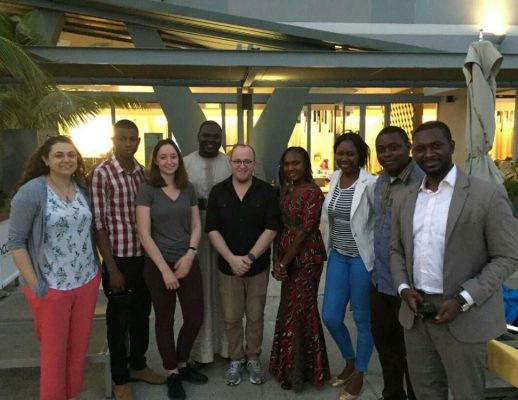
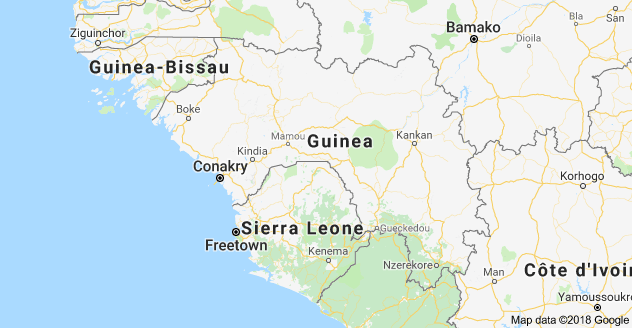
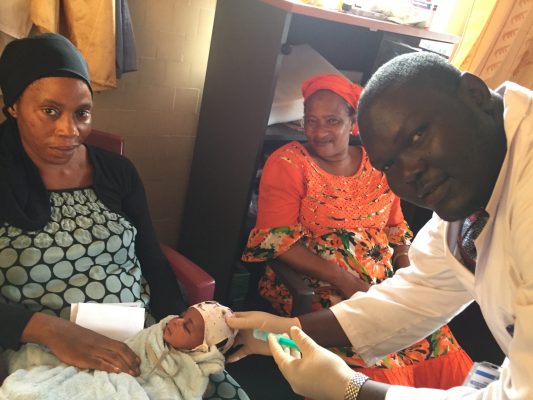
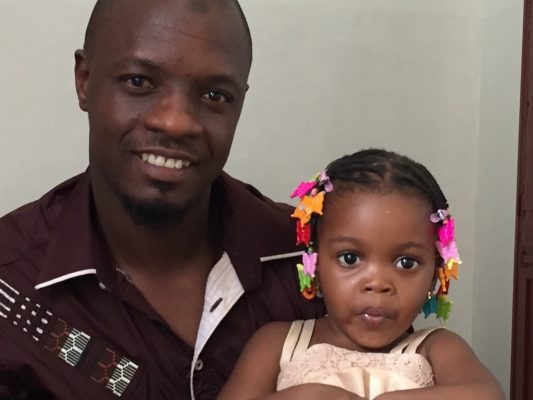
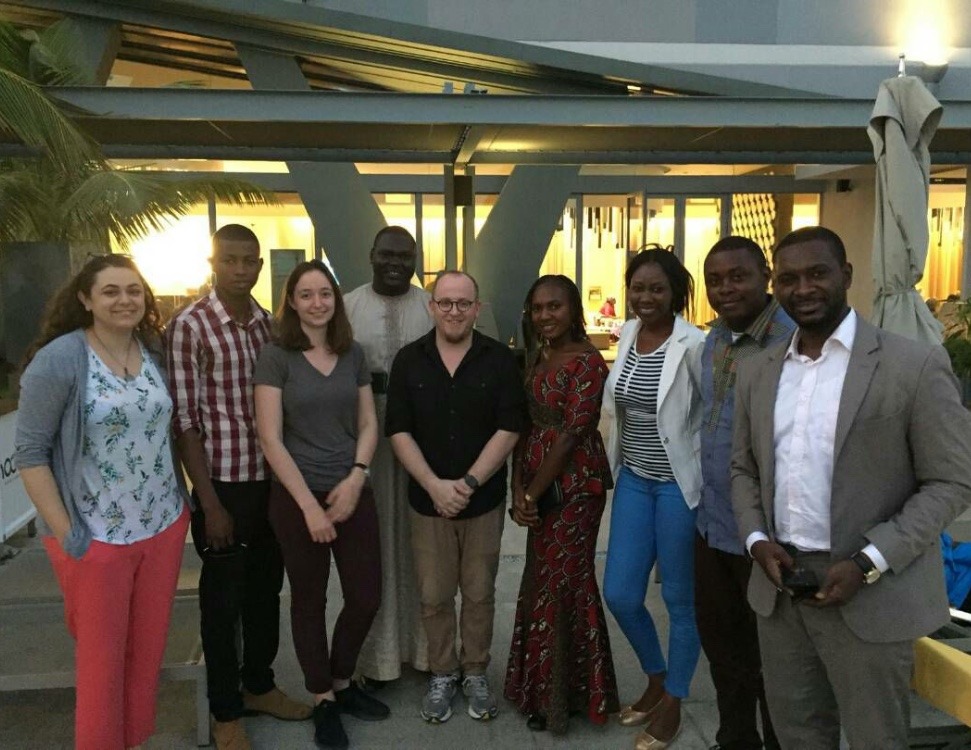
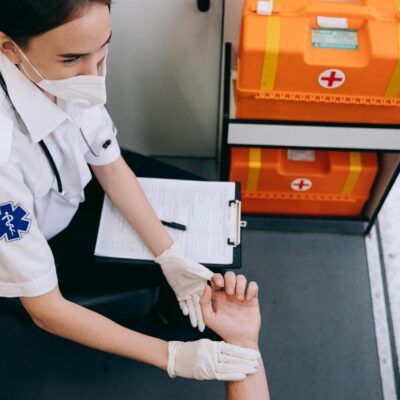
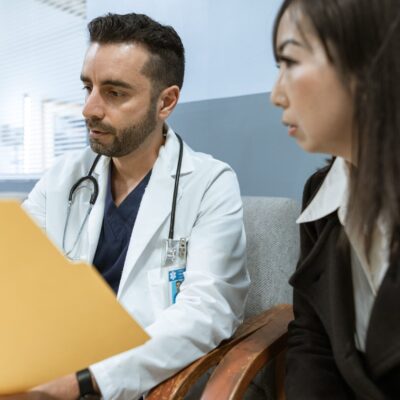
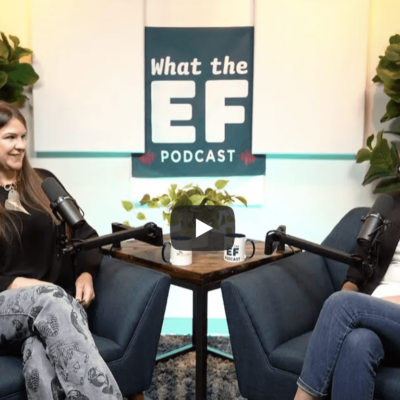
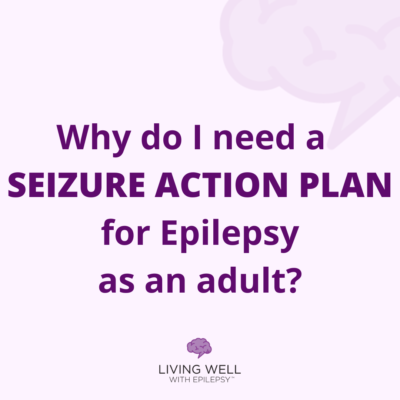
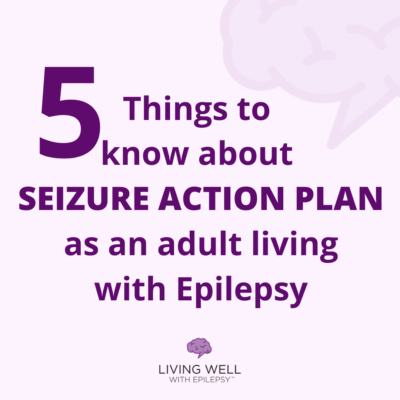

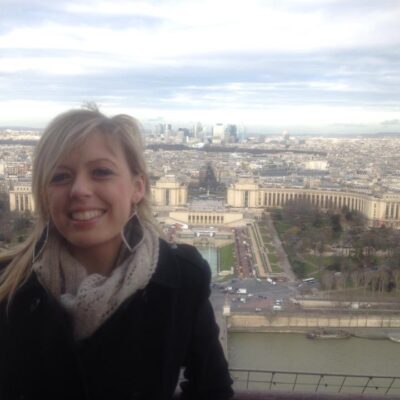
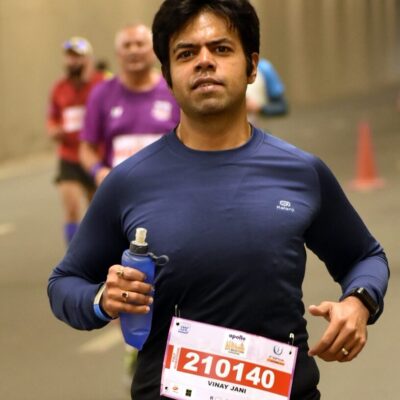
Leave a Reply